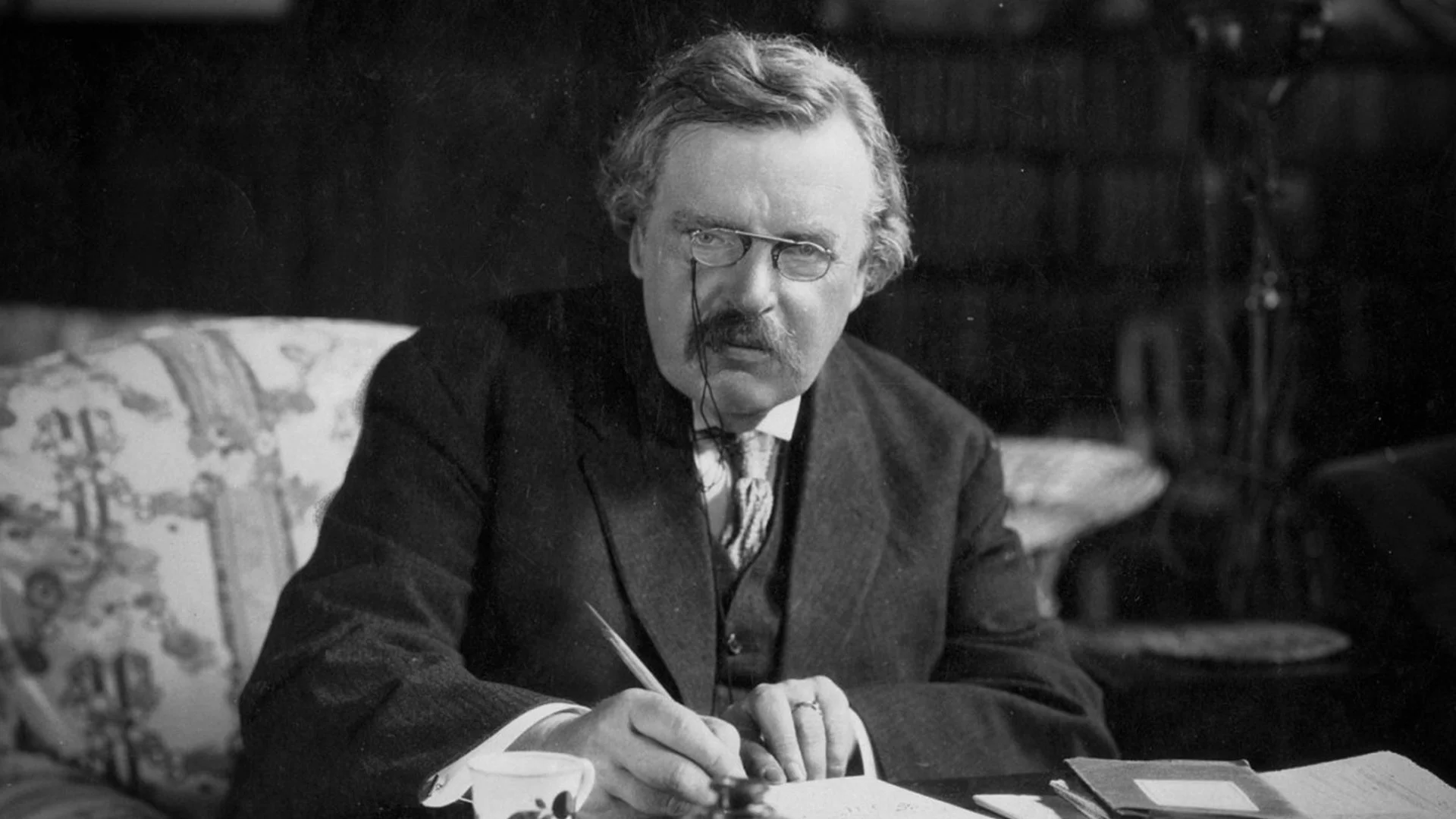This series of articles seeks to examine the character attributes of highly successful leaders, regardless of their adherence to a strong faith or moral standard. In presenting these thoughts, Leadership Ministries is not agreeing with or advocating these traits or practices, but rather presents these as ideas for discussion and development in your own leadership journey.
Charles Haddon Spurgeon (1834 – 1892) was an English pastor of the New Park Street Chapel (later renamed Metropolitan Tabernacle) in London for 38 years. He became known as the “Prince of Preachers” for his spellbinding sermons, which sometimes ran two hours or more. He preached to tens of thousands and in addition to sermons, authored many books, commentaries, devotionals, poems and hymns. His weekly sermons, which sold for a penny each in his day, were widely circulated and remain one of the most popular series of writings in history, selling more than 100 million copies.[1]
Charles became a Christ-follower at age 15 and was baptized in a river near his home in Colchester. He became a Sunday School teacher and preached his first sermon that very same year. IN 1861, at age 19, Spurgeon was called to pastor London’s famed New Park Street Chapel. It was the largest Baptist congregation in London, though it had dwindled to just a few dozen weekly attendees. Within a few months, his ability to preach had made him a household name. Here are a few best practices leaders might take from this famous preacher:
Spurgeon’s newly-built Metropolitan Tabernacle church in downtown London could seat 5,000, with room for an additional 1,000 to stand.
Keep doing what you were made for. Spurgeon’s preaching was direct and plain-spoken. His sermons resonated with ordinary people. As his audience grew the church was forced to rent a public meeting hall for services, unheard-of in that day. Other London pastors were publicly critical of Spurgeon, calling him a glory-hound, while local papers published caricatures of him as an uneducated oaf. Spurgeon had become the first megachurch pastor. His congregation moved to the newly-constructed Metropolitan Tabernacle building in 1861. It sat an astounding 5,000 people, making it the largest worship center of its time—and on opening day it was fully paid for.
Through all of this, Spurgeon continued to preach. He began his pastorate with 232 church members. Before he reached age 20, he had already preached more than 600 sermons, averaging 10 times each week as he accepted many invitations to speak. By the time of his death, he had preached more than 3,600 sermons and his church had baptized 14,460 people, with a standing membership of 5,311. He did not attend college, but valued reading and books. His personal library contained more than 12,000 volumes and through his preaching he developed a masterful command of the English language.
Stand for the Bible. Spurgeon took a number of controversial public stands during his years in ministry. In the 1880s he broke from the Baptist denomination, fearing the leadership had become tainted with modernism. “He worried that these preachers no longer subscribed to evangelical teaching such as scriptural infallibility, the atonement, and eternal damnation,” wrote Dr. Patricia Stallings Kruppa of the Christian History Institute.[2] Spurgeon wrote that these pastors had “down-graded” the Bible’s teachings. The “Down-Grade Controversy” pitted him against many of his contemporaries, and in the end, Spurgeon became an independent, “non-denominational” pastor.
Spurgeon had a fierce hatred of slavery and considered it the “crime of crimes”. He preached against it often and American newspapers that published his sermons often redacted adverse references to it. He was quoted by the Chicago Tribune: “I do from my inmost soul detest slavery… and although I commune at the Lord’s table with men of all creeds, yet with a slave-holder I have no fellowship of any sort or kind. Whenever one has called upon me, I have considered it my duty to express my detestation of his wickedness, and I would as soon think of receiving a murderer into my church… as a man stealer.”[3] During the Civil War years, Spurgeon was censured in the American South. In 1860 an Alabama newspaper sponsored a bonfire where Spurgeon’s books and sermons were burned and he received death threats from Confederate pastors and leaders for his abolitionist views.
Some of Spurgeon’s handwritten sermon notes. Typically he would not begin to write out his Sunday sermon until Saturday night.
Have a sense of humor. Spurgeon’s sermons were punctuated with humor and his books on preaching emphasized the use of humor to engage the congregation. He wrote, “I would rather hear people laugh than I would see them asleep in the house of God.”[4] Among the jokes that appeared in his sermons:
“Call me what you like, but don’t call me too late for dinner.”
“There are difficulties in everything except in eating pancakes.”
“A hundred years hence we shall all be bald.”
“The only suit that lasts too long is a lawsuit, and that would not suit me at all.”
“The preacher who measures himself by his [mirror] may please a few silly girls, but neither God nor man will long put up with him.”
“According to the teaching of the apostle, ‘The husband is the head of the wife.’ Don’t you try to be the head; but you be the neck, then you can turn the head whichever way you like.”
During Spurgeon’s day, Victorian England held the Sabbath in great reverence. On Sundays, books and papers were put away, games forbidden. Secular amusements too were out of the question. A Sunday worship service, then, filled a great void in the day, and Spurgeon’s sharp wit made coming to church an enjoyable time for parishioners. “Spurgeon paced the platform and even ran from side to side. His sermons were filled with sentimental stories that ordinary people could relate to,” comments Dr. Patricia Stallings Kruppa.
As is sometimes typical of public figures, less is written of Spurgeon’s personal life. Both his father and grandfather were independent ministers. He married in 1856, and he and his wife, Susannah, had twin sons. Charles lived in the public eye while Susannah tended to family and home in a traditional role. Charles referred to her as “the angel in the house.” Both Spurgeons gained weight as they aged and suffered the debilitating effects of obesity. Charles has bouts of severe gout and the pain from it caused him to be depressed. He died while vacationing in Montone, France, in 1892 at the age of 57.[5] “When our lives come to be written at last,” Spurgeon once wrote of his legacy, “God grant that they be not only our sayings, but our sayings and doings.”
[1] https://en.wikipedia.org/wiki/Charles_Spurgeon
[2] https://christianhistoryinstitute.org/magazine/article/life-and-times-of-charles-haddon-spurgeon
[3] https://allaroundspurgeon.com/2019/05/10/spurgeon-on-his-hatred-of-slavery-in-the-american-south
[4] https://www.spurgeon.org/resource-library/blog-entries/21-funniest-spurgeon-quotes/
[5] https://www.wholesomewords.org/biography/biospurgeon6.html
Cover Photo: Public Domain

































Frank Winfield Woolworth was an American entrepreneur, and founder of the F. W. Woolworth Company. He pioneered the retail variety stores which featured low-priced merchandise selling for 5 and 10 cents.